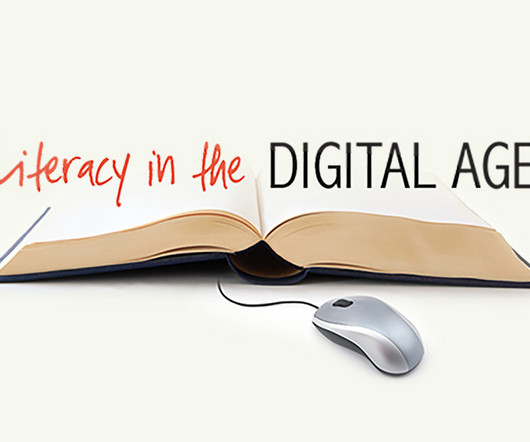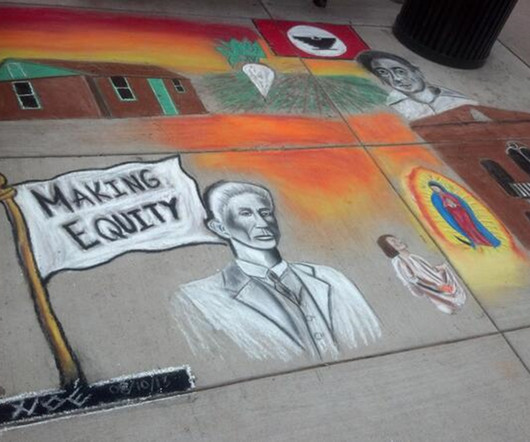10+ Ways to Recharge Your Batteries Over the Summer
Teacher Reboot Camp
MAY 28, 2020
” – Ovid Escape technology, people, and worries Recharge with books- Book chats/studies, audio books, author virtual events, #BookCampPD, @HackMyLearning, @EduMatchBooks, @BurgessDave, @Foundations_inc Podcasts- Dschool.stanford.edu/resources/the-inspiration-walk Edupodcastnetwork.com Twitter.com/search? Tips and Resources.





















Let's personalize your content